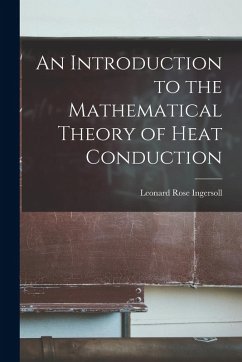
Observations On A Passage In Mr. Playfair's Letter To The Lord Provost Of Edinburgh Relative To The Mathematical Pretensions Of The Scottish Clergy
Versandkostenfrei!
Versandfertig in über 4 Wochen
14,99 €
inkl. MwSt.
Weitere Ausgaben:

PAYBACK Punkte
7 °P sammeln!
In "Observations On A Passage In Mr. Playfair's Letter To The Lord Provost Of Edinburgh Relative To The Mathematical Pretensions Of The Scottish Clergy," Thomas Chalmers offers a detailed response to criticisms regarding the mathematical abilities and education of the Scottish clergy. Chalmers, a prominent figure in Scottish religious and intellectual life, carefully examines and refutes the claims made by Mr. Playfair, providing insights into the standards of education and the intellectual pursuits of clergymen in Scotland during the period. This work sheds light on the intersection of religi...
In "Observations On A Passage In Mr. Playfair's Letter To The Lord Provost Of Edinburgh Relative To The Mathematical Pretensions Of The Scottish Clergy," Thomas Chalmers offers a detailed response to criticisms regarding the mathematical abilities and education of the Scottish clergy. Chalmers, a prominent figure in Scottish religious and intellectual life, carefully examines and refutes the claims made by Mr. Playfair, providing insights into the standards of education and the intellectual pursuits of clergymen in Scotland during the period. This work sheds light on the intersection of religion, science, and education in early 19th-century Scotland, offering a valuable historical perspective on the intellectual climate of the time and the role of the clergy within it. It provides a nuanced view of the debates surrounding mathematical knowledge and its relevance to religious leadership. This work has been selected by scholars as being culturally important, and is part of the knowledge base of civilization as we know it. This work was reproduced from the original artifact, and remains as true to the original work as possible. Therefore, you will see the original copyright references, library stamps (as most of these works have been housed in our most important libraries around the world), and other notations in the work. This work is in the public domain in the United States of America, and possibly other nations. Within the United States, you may freely copy and distribute this work, as no entity (individual or corporate) has a copyright on the body of the work. As a reproduction of a historical artifact, this work may contain missing or blurred pages, poor pictures, errant marks, etc. Scholars believe, and we concur, that this work is important enough to be preserved, reproduced, and made generally available to the public. We appreciate your support of the preservation process, and thank you for being an important part of keeping this knowledge alive and relevant.



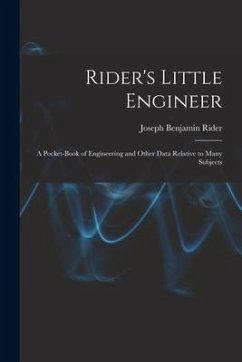
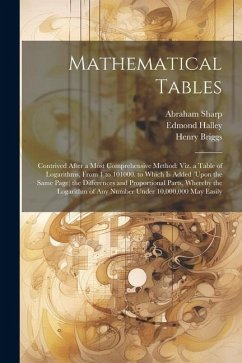
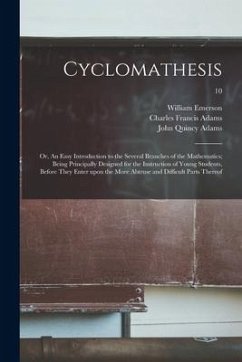
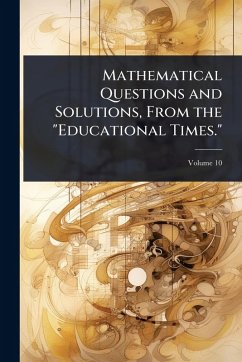
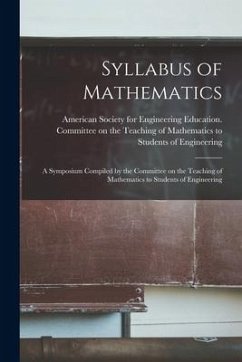
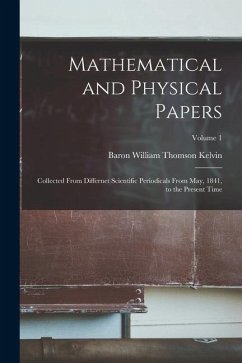
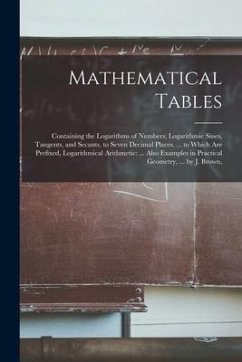
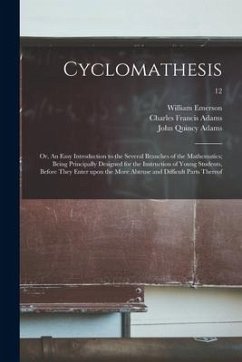
![A Very Interesting Selection of Important Mathematical Problems, With Solutions [microform]: Designed as an Appendix or Supplement to Arithmetic and M Cover A Very Interesting Selection of Important Mathematical Problems, With Solutions [microform]: Designed as an Appendix or Supplement to Arithmetic and M](https://bilder.buecher.de/produkte/65/65572/65572638n.jpg)
